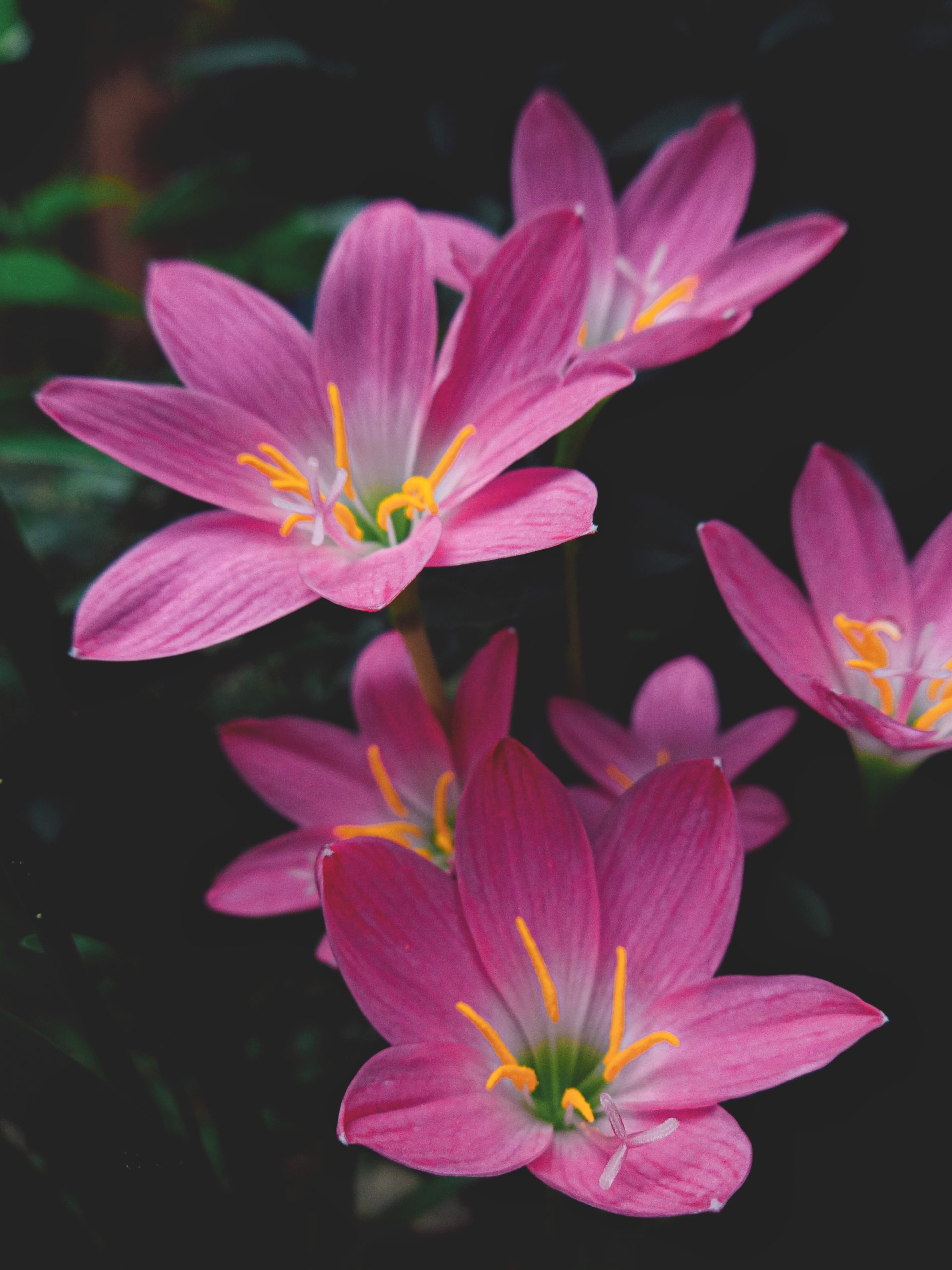If you’re a coffee lover with a green thumb, you may be wondering: do peace lilies like coffee grounds? It’s a question that has sparked much debate among plant enthusiasts. In this article, we explore the benefits and drawbacks of using coffee grounds as a fertilizer for peace lilies. From their preferences in soil composition to the effect of caffeine, we’ll uncover the truth behind this popular gardening practice. Whether you’re looking to give your peace lilies a boost or simply curious about their coffee cravings, join us as we separate fact from fiction in the world of peace lilies and coffee grounds.

Benefits of Coffee Grounds for Plants
Coffee grounds are not only a great way to start our day with a warm cup of coffee, but they also have numerous benefits for plants, including peace lilies. When it comes to using coffee grounds as a natural fertilizer, there are two main advantages: their nutrient content and their ability to acidify the soil. Let’s dive deeper into each of these benefits.
Nutrient Content
Coffee grounds are rich in nutrients that plants need for healthy growth. As coffee beans are roasted and brewed, some of the beneficial components break down, leaving behind a residue in the form of coffee grounds. These grounds contain essential nutrients like nitrogen, phosphorus, potassium, and trace minerals, all of which are beneficial for plant growth.
Nitrogen, for instance, is a vital nutrient that helps in foliage development, giving plants a vibrant and green appearance. Phosphorus supports root development and the production of flowers and fruits. Potassium, on the other hand, contributes to overall plant health and aids in resisting diseases. By incorporating coffee grounds into the soil, we provide our peace lilies with an additional source of these valuable nutrients, boosting their overall health and vigor.
Soil Acidification
Another significant benefit of coffee grounds is their ability to acidify the soil. Most plants, including peace lilies, prefer slightly acidic soil with a pH level ranging from 6 to 6.5. Coffee grounds, being slightly acidic themselves, can help to lower the pH of the soil if it happens to be too alkaline. This can enhance the plant’s ability to absorb essential nutrients from the soil, ultimately resulting in healthier growth and more vibrant flowers.
Growing Conditions for Peace Lilies
Before we can fully understand the effect of coffee grounds on peace lilies, it’s important to have a good grasp of the optimal growing conditions for these beautiful plants. Peace lilies, scientifically known as Spathiphyllum, are native to tropical and subtropical regions. Providing the right conditions will help ensure their well-being and encourage blooming.
Temperature
Peace lilies thrive in average room temperatures ranging from 65 to 80 degrees Fahrenheit (18 to 27 degrees Celsius). They are sensitive to extreme temperatures, so it’s essential to avoid placing them near drafty windows or in direct sunlight. Maintaining a stable temperature will keep our peace lilies happy and healthy.
Light
While peace lilies can tolerate low-light conditions, they still require some level of indirect sunlight to grow and bloom. Placing them near a north or east-facing window is ideal, as it provides bright, filtered light. However, direct sunlight can scorch their delicate leaves, so it’s crucial to strike the right balance and avoid exposing them to harsh afternoon sun.
Humidity
Peace lilies originate from rainforests, so they naturally thrive in high humidity environments. To mimic their native habitat, we can increase humidity around our peace lilies by misting their leaves with water or placing them on a tray filled with pebbles and water. Regularly wiping their leaves with a damp cloth also helps to remove dust and keep them healthy.
Watering
Keeping peace lilies adequately hydrated is crucial for their well-being. These plants prefer evenly moist soil but can’t tolerate standing water or becoming completely dry. As a rule of thumb, we should water them when the top inch of soil feels slightly dry. It’s important to remember that overwatering can lead to root rot, one of the potential risks we’ll discuss later.
Effect of Coffee Grounds on Peace Lilies
Now that we understand the benefits of coffee grounds and the ideal growing conditions for peace lilies, let’s explore how the use of coffee grounds can positively impact our beloved plants.
Nutrient Boost
As mentioned earlier, coffee grounds are a nutrient-rich organic material. When we incorporate coffee grounds into the soil of our peace lilies, we provide an additional source of nutrients that can promote growth and overall plant health. The nitrogen, phosphorus, and potassium found in coffee grounds can contribute to vibrant foliage, vigorous root development, and an increased likelihood of blooming.
Soil pH and Acidity
Coffee grounds, being slightly acidic, can help to lower the pH of the soil. This is particularly beneficial for peace lilies, as they prefer mildly acidic soil. By adding coffee grounds to the growing medium, we can help maintain an optimal pH level and create a favorable environment for our plants. This allows peace lilies to absorb nutrients more efficiently, leading to improved growth and more vibrant blooms.
Preparing and Applying Coffee Grounds
To make the most of coffee grounds as a natural fertilizer for peace lilies, it’s important to properly prepare and apply them. Here are a few key steps to follow:
Collecting and Drying Coffee Grounds
Start by collecting used coffee grounds from your coffee maker or local coffee shops. Allow them to dry thoroughly before using them as a fertilizer. Wet coffee grounds can become compacted and may develop mold, which can lead to plant health issues. It’s best to spread the grounds out on a flat surface and let them air dry for a few days before utilizing them in your gardening endeavors.
Mixing with Potting Soil
To incorporate coffee grounds into the potting soil of your peace lilies, mix them in with the soil before planting. It’s recommended to use approximately one part coffee grounds to three parts potting soil. This ensures a balanced ratio that won’t overwhelm the plants with excessive acidity or nutrients.
Using as a Top Dressing
Coffee grounds can also be used as a top dressing for peace lilies. Simply sprinkle a thin layer of coffee grounds on the soil surface around the base of the plant. This method provides a slow release of nutrients as the coffee grounds break down over time. It also creates an additional barrier against weeds and helps retain moisture in the soil.
Avoiding Excessive Use
While coffee grounds can be beneficial for peace lilies, it’s important not to overdo it. Using excessive amounts of coffee grounds can lead to overfertilization and may result in plant burn or other negative effects. Remember to always follow the recommended ratios and monitor your plants’ response to ensure they are thriving.
Other Organic Alternatives for Peace Lilies
If you’re looking for alternative organic options to fertilize your peace lilies, there are a few other natural materials that can be beneficial. These include compost, eggshells, and banana peels.
Compost
Compost is a fantastic all-natural fertilizer that provides a wide range of nutrients for plants. By incorporating compost into the soil of your peace lilies, you’re enriching it with organic matter and beneficial microorganisms. This promotes healthy root development, improved nutrient absorption, and overall plant vitality.
Eggshells
Eggshells are an excellent source of calcium, which is crucial for preventing blossom end rot in flowering plants. Crushed eggshells can be added to the soil of peace lilies to supplement the available calcium and promote strong and healthy growth.
Banana Peels
Banana peels are a valuable organic material that can be used as fertilizer for peace lilies. They contain essential nutrients like potassium, phosphorus, and calcium. Simply chop up banana peels into small pieces and bury them in the soil around the base of the plant. As the peels decompose, they release valuable nutrients that benefit your peace lilies.
Potential Risks and Disadvantages
While coffee grounds and other organic alternatives can greatly benefit peace lilies, it’s important to be aware of potential risks and disadvantages that may arise if they are not used properly.
Root Rot
Overwatering or using excessively moist soil can lead to root rot in peace lilies. Coffee grounds, eggshells, and banana peels should be used in moderation and only in conjunction with appropriate watering practices. It’s crucial to allow the soil to dry out slightly between waterings to prevent the development of root rot.
Overfertilization
Using too much coffee grounds or any other organic material can lead to overfertilization. Peace lilies should be fed moderately, following the recommended ratios and frequencies. Overfertilization can result in nutrient imbalances, burnt leaves, or stunted growth. It’s best to err on the side of caution and gradually introduce organic materials to observe the plants’ response.
Plant Burn
Direct contact of coffee grounds or other organic materials with the foliage of peace lilies can cause leaf burn. To avoid this, it’s essential to apply coffee grounds or other substances to the soil surface only, as a top dressing. Keeping the materials away from the leaves helps to prevent damage and maintain the plant’s aesthetic appeal.
Insect Infestations
While organic materials like coffee grounds, compost, eggshells, and banana peels are generally safe for plants, they can attract pests when used excessively or improperly. It’s important to monitor your peace lilies for any signs of insect infestations and take appropriate measures to address the issue promptly.
Soil Compaction
Using coffee grounds or other organic materials as top dressings can become problematic if not properly managed. They can become compacted and hinder water drainage and root aeration if layered too thickly. It’s essential to use thin layers and avoid excessive buildup to prevent soil compaction.
Conclusion
In conclusion, coffee grounds can be a valuable addition to our gardening practices, providing numerous benefits for peace lilies and other plants. Their nutrient content and ability to acidify the soil make them a fantastic organic fertilizer. However, it’s important to exercise moderation and use coffee grounds, as well as other organic alternatives, in appropriate quantities. By understanding the optimal growing conditions for peace lilies and incorporating coffee grounds responsibly, we can help our plants thrive and enjoy their beautiful blooms. Remember, a little bit of coffee can go a long way in nurturing your plants and adding a touch of natural goodness to your garden.


